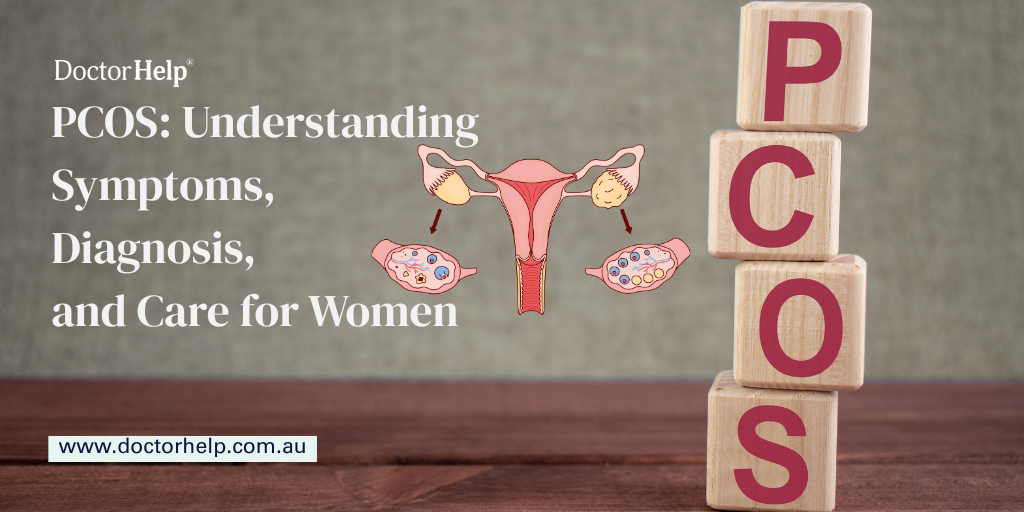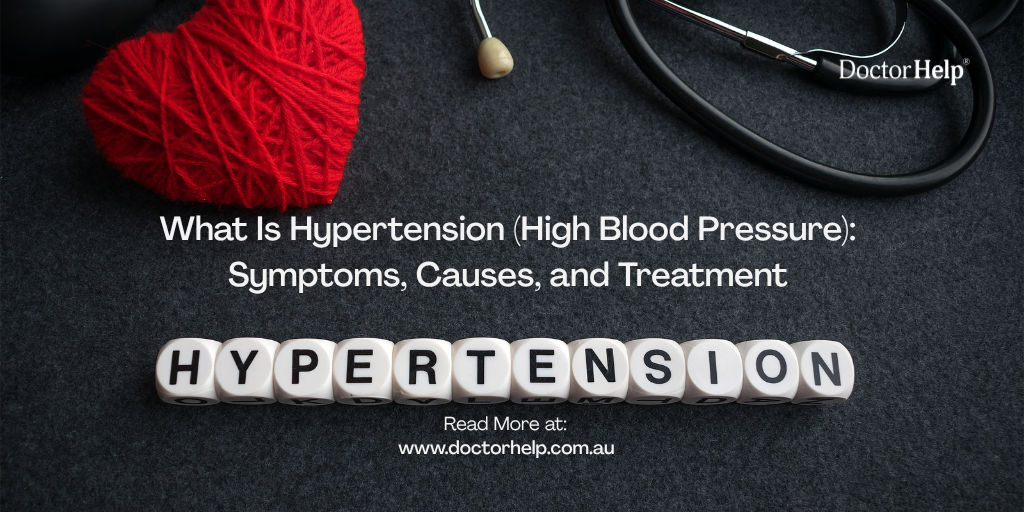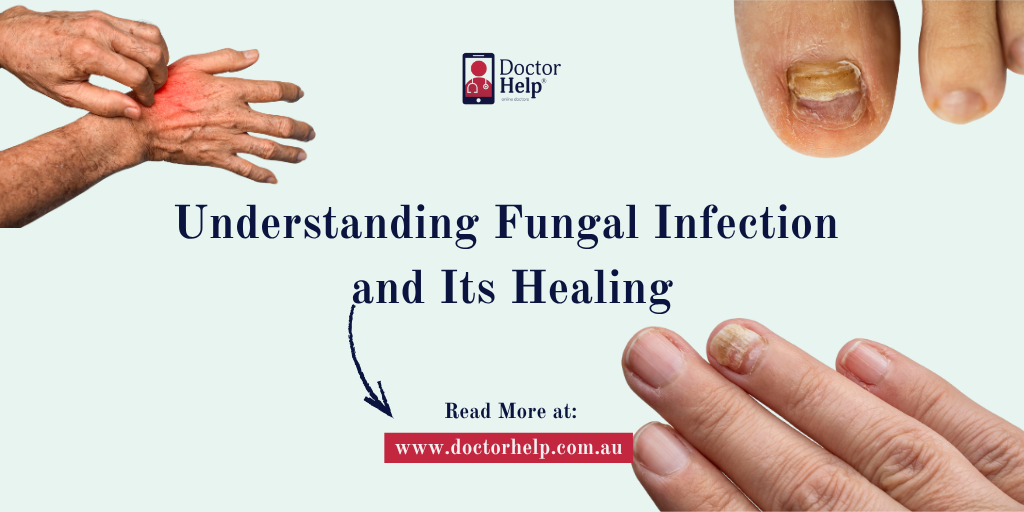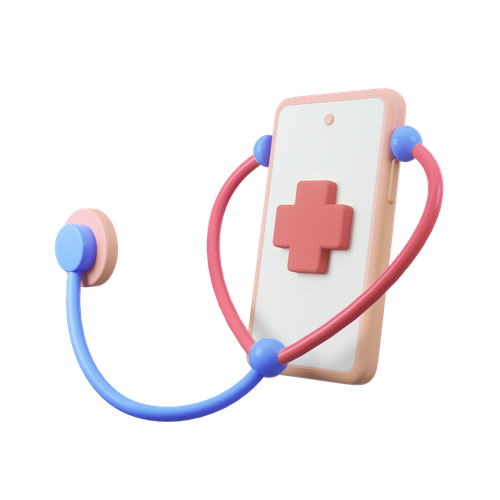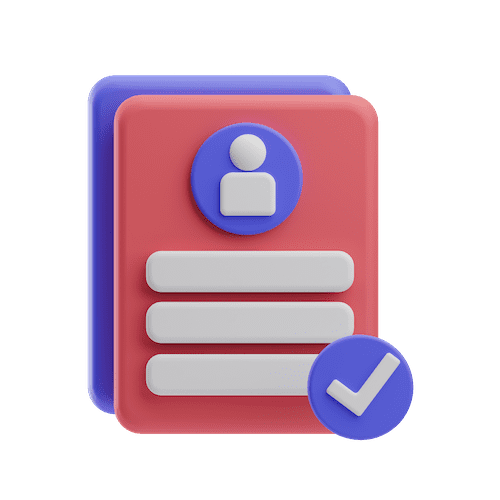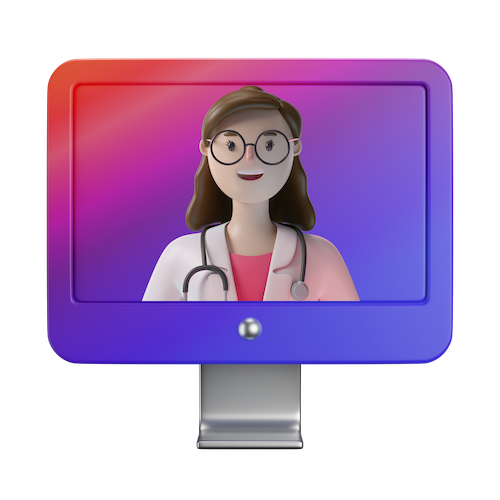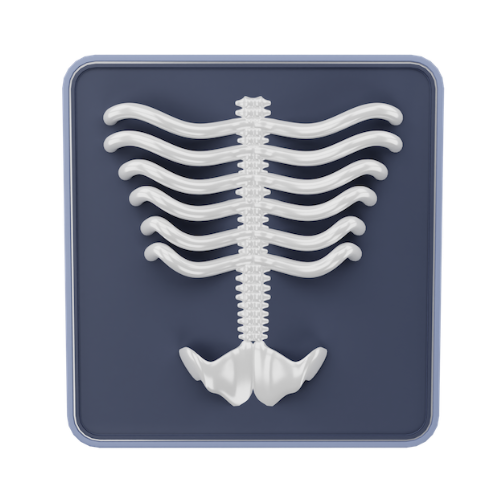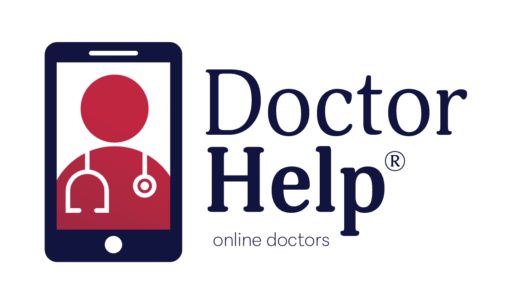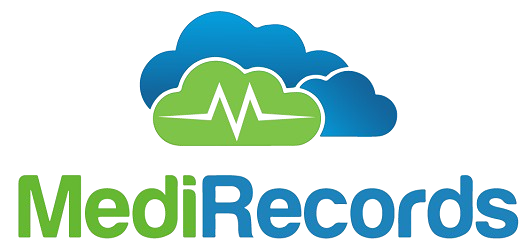Table of Contents
Your body speaks. Sometimes it whispers, sometimes it shouts. Missed periods. Nagging cramps. A stubborn belly that won’t shift no matter how hard you try. Mood swings that seem to come out of nowhere.
For many women, these are not just passing inconveniences. They may be signs of Polycystic Ovarian Syndrome (PCOS).
PCOS is a hormonal condition common among women yet many women go around, without a diagnosis, misunderstood, or even disregarded. According to the Medical Journal of Australia, about 8-13% of women of reproductive age live with it. That’s not a small number. That’s a whole community of women quietly fighting battles that deserve attention.
What is PCOS?
PCOS is about hormonal imbalances. The ovaries secrete androgens in higher than normal amounts, hormones that are typically found in small quantities in women. This disrupts ovulation and may result in small fluid-filled sacs on the ovaries commonly referred to as polycystic ovaries.
But the story doesn’t stop there. PCOS is not just about ovaries or periods. It touches metabolism, mood, fertility, and overall health. For some, it’s acne. For others, it’s irregular menstruation. For many, it’s a confusing mix of both physical and emotional struggles.
PCOS Symptoms: When the Body Raises a Red Flag
Your body knows when something is out of balance. With PCOS, the signs vary, but here are the most common PCOS symptoms:
- Irregular menstruation: long gaps between cycles, unpredictable bleeding, or missed periods altogether.
- Period pain: cramps that aren’t just uncomfortable but life-disrupting.
- PCOS belly: central weight gain that seems immune to diet and exercise.
- Acne, oily skin, or breakouts that don’t respond to treatment.
- Excess hair growth where you don’t want it, or thinning where you do.
- Mood changes, from irritability to sadness to full-blown anxiety.
- Fertility challenges when ovulation is disrupted.
If these sound familiar, your body could be asking for professional care. It is important to seek evaluation by a healthcare professional for accurate diagnosis and care as not every woman will have every symptom.
Read: Irregular Periods: How to Get Regular Periods Naturally
PCOS Diagnosis: Finding the Answer
Getting a PCOS diagnosis can feel like a relief after years of questions. Doctors usually rely on the Rotterdam criteria, as outlined by the RACGP. That means diagnosis comes from at least two of these three:
- Irregular or absent ovulation.
- High androgen levels (shown in symptoms or blood tests).
- Ultrasound findings of polycystic ovaries.
Cholesterol, insulin, and other hormone levels can also be checked by means of blood tests. Why? Since PCOS does not stand on its own. It frequently relates to diabetes and metabolic problems, and it is therefore vital to monitor them regularly.
Diagnosis is not just a label. It’s the start of a plan. It’s clarity.
The Emotional Weight of PCOS
PCOS is not only about the physical symptoms. It is the hidden emotional toll.
The period pain that interrupts work. The mirror that reflects stubborn acne or thinning hair. The scale that doesn’t budge, even after weeks of effort. And the lingering fear about fertility, hanging like a shadow over future plans.
PCOS weight loss can be especially tough. Insulin resistance makes the body hold on to fat around the abdomen, often leading to the so-called PCOS belly. It’s not about willpower. It’s about biology.
And biology doesn’t define your worth. But it does deserve attention.
PCOS Self Care: Building a Foundation
While there’s no cure, PCOS can be managed. And management often starts with everyday habits, small steps that add up to real change.
PCOS Diet
Food has power. A thoughtful PCOS diet focuses on:
- Wholegrains, vegetables, and lean proteins.
- Healthy fats like avocado, nuts, olive oil, and salmon.
- Cutting back on refined sugar to ease insulin resistance.
The Australian Dietary Guidelines recommend a wholefood approach, which dovetails perfectly with PCOS management.
PCOS Self Care
Self-care isn’t indulgence. It’s survival. Gentle exercise. Enough sleep. A moment of mindfulness to slow down the racing thoughts. These rituals support not just your hormones but your sense of calm.
PCOS Weight Loss
With PCOS, weight loss may feel like pushing against the tide. But consistency matters. Brisk walking, swimming, and yoga. A movement that feels sustainable is a movement that supports you. Progress may be slow, but it is progress all the same.
Also read: 5 Natural Ways to Balance Hormones: A Complete Guide for Women
PCOS Medication and Medical Treatment
For some women, lifestyle alone is not enough. This is where PCOS medication comes in. Options may include:
- Hormonal birth control to control menstruation and lower androgen.
- Insulin-sensitising medications for metabolic management.
- Fertility treatments when pregnancy is the goal.
The treatment plan depends on your symptoms and priorities. That’s why professional guidance is essential. No two women’s experiences are identical, and care should never be copy-paste.
PCOS and Long-Term Health
PCOS doesn’t just fade away with time. It can ripple into the future if not managed. According to the World Health Organization, PCOS increases the risks of diabetes type 2, cardiovascular disease, and endometrial cancer.
That’s why long-term care matters. Regular check-ups, balanced nutrition, and monitoring keep PCOS in check and protect broader women’s health.
When to Reach Out
It’s easy to brush off irregular cycles or stubborn skin changes. But there are moments when you should not wait. Book a consult if you notice:
- Persistent irregular menstruation.
- Days upset by severe period pain.
- The sudden or rapid weight gain or loss.
- Symptoms of a depressed, anxious or change in mood.
- Unwanted growth or baldness.
Telehealth makes reaching out easier. No long waits. No crowded waiting rooms. Just access to a doctor who listens and helps build a plan.
Final Thoughts
PCOS is not just a line in a medical journal. It is lived, daily. It’s the cramps that won’t let you sleep, the acne that chips at your confidence, the exhaustion that makes everything feel harder.
But here’s the thing: PCOS does not write your story. You do.
With a PCOS diet, mindful self care, the right PCOS medication, and ongoing support, balance can be found. Confidence can return. Life can feel like yours again.
Your body is not your enemy. It is speaking to you in its own language. And when you start to listen, healing begins.
If you’ve noticed PCOS symptoms or feel your body is out of balance, don’t wait and book a telehealth appointment with us today.
References:
- Swannell, C. (n.d.). Australian-led PCOS guideline an international first. The Medical Journal of Australia.
https://www.mja.com.au/journal/2018/australian-led-pcos-guideline-international-first - Polycystic ovary Syndrome (PCOS). (2025, September 11). Cleveland Clinic.
https://my.clevelandclinic.org/health/diseases/8316-polycystic-ovary-syndrome-pcos - The Royal Australian College of general Practitioners. (n.d.). Polycystic ovary syndrome. Australian Family Physician.
https://www.racgp.org.au/afp/2012/october/polycystic-ovary-syndrome - World Health Organization: WHO & World Health Organization: WHO. (2025, February 7). Polycystic ovary syndrome.
https://www.who.int/news-room/fact-sheets/detail/polycystic-ovary-syndrome

